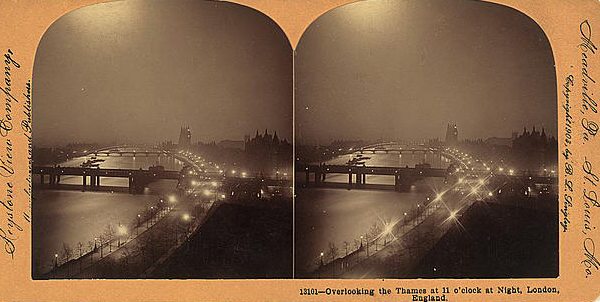110 arrested in England and Scotland on charges of ‘conspiracy’ - all deported to Ireland
London, 14 March 1923 - 110 people, including 19 women, were arrested in England and Scotland on sunday and were subsequently deported to Ireland aboard a British warship. The deportees, an official statement says, were ‘engaged in a conspiracy to supply the Irregulars in Ireland with warlike material, and otherwise to support the campaign of ‘destruction in Ireland.’
The vast majority of the arrests, [72], took place in England and were spread across three principal cities - there were 33 arrests in London, 22 in Liverpool and 8 in Manchester.
According to London-based sources, the sweep was the result of months of work which included identifying certain licensed premises in places like London where anti-treaty activists were known to frequent. All information gathered as part of this process, it is understood, was passed to the Free State authorities and a decision was taken to act swiftly rather than await a fresh outbreak of conflict in Ireland.
Among the 33 arrested in London was Art O’Brien, who had twice before evaded arrest by Scotland Yard officials. On this occasion, the police, led by Inspector Park, moved in numbers and by a motor lorry to his flat in Kensington where he was seized.

Art O' Brien (Image:The Irish Independent, March 14 1923)
The London arrests occurred in several different locations. The Daily Mail reports that arms, ammunition and documentation was captured. It also reported that many of the women, when arrested, sang Irish songs and shouted ‘Up the Republic’ as they were being led away. Those picked up in London were subsequently taken by train - a non-stop trip - to Liverpool from there they were shipped to Ireland. For those rounded up in Scotland, two destroyers lay waiting for them in Glasgow, which sailed on to Dublin.
Despite the wave of arrests, a meeting of the Irish Self-Determination League scheduled for today in Manchester will still go ahead. Mr. Art O’Brien had been announced to preside and while he will now be missing, this is not expected to be an issue with the billing of principal speaker, who has been named as Countess Markievicz.
[Editor's note: This is an article from Century Ireland, a fortnightly online newspaper, written from the perspective of a journalist 100 years ago, based on news reports of the time.]





















